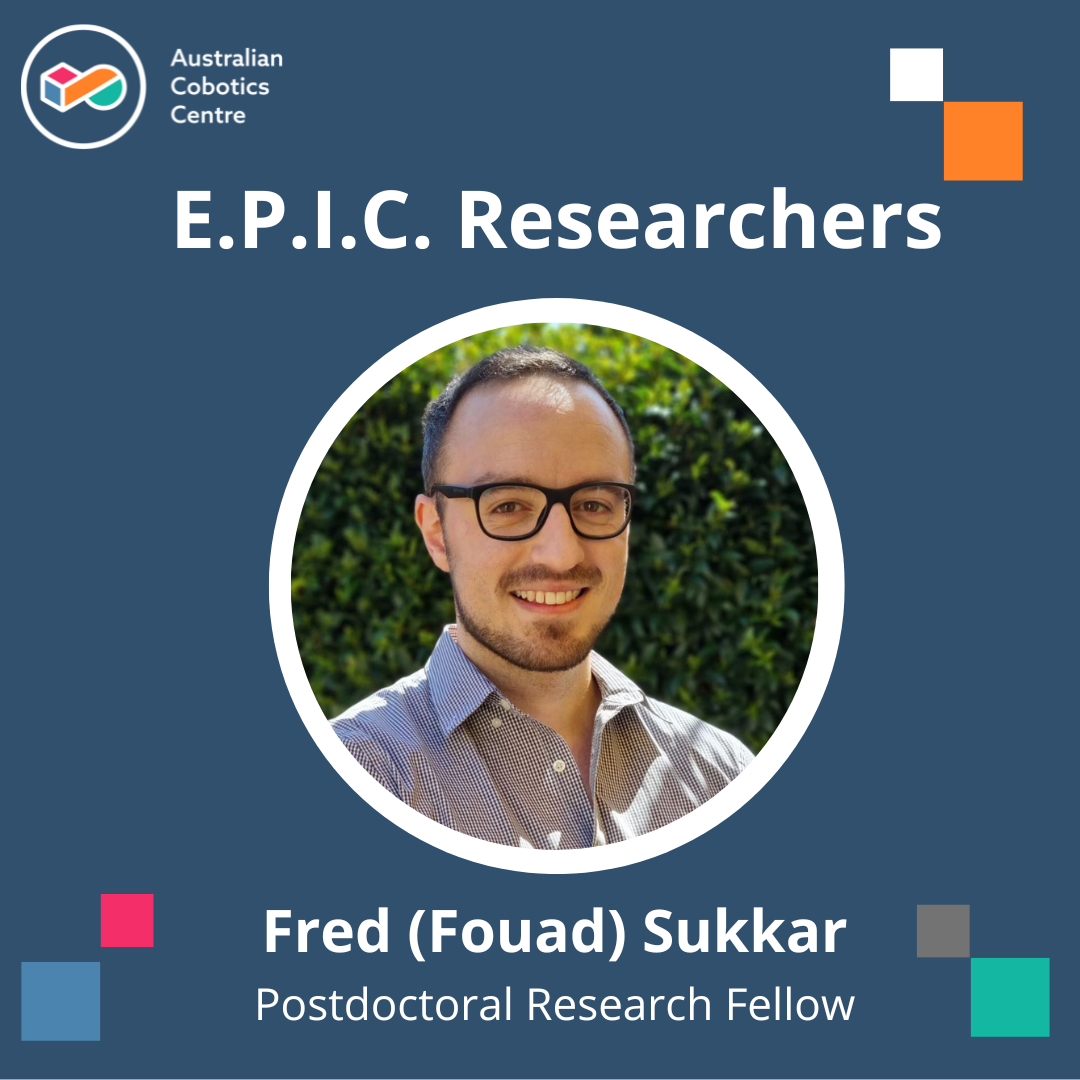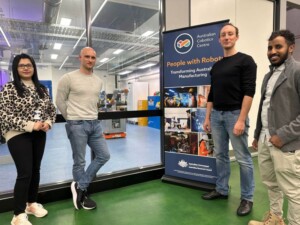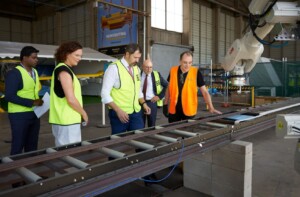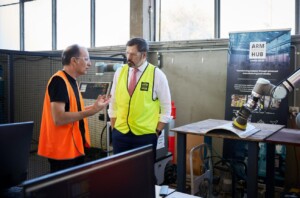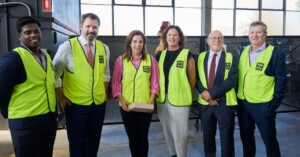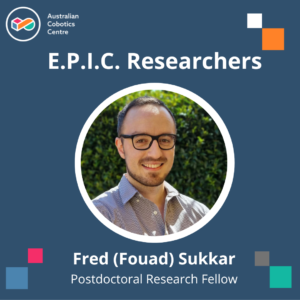
The Australian Cobotics Centre has some incredibly E.P.I.C. researchers. Each month we will be profiling a different researcher.
Fred (Fouad) Sukkar is a robotics researcher with several years of experience in the areas of agricultural robotics and industrial automation. Fred has been working on developing algorithms to enable natural and safe human-robot collaborative environments and is based at UTS.
We interviewed Fred recently to find out more about why he does what he does.
-
Tell us a bit about yourself and your research with the Centre?
I am the postdoctoral research fellow for the Biomimic Cobots program which aims to enable robot-human collaborative work environments. My work helps to make cobots (collaborative robots) more intelligent through bioinspiration in order to carry out practical and valuable work in the real world. Recently, as part of my work with program 1 we developed a first proof of concept robot design for identifying and removing short bars from a conveyor line for our industry partner Infrabuild. The design of the system was inspired by the way workers currently carry out this task. The broader aim of my work is to enable robots that behave naturally when performing tasks with and around humans and to make their jobs safer. This is an important step for robots to become widely adopted and embraced by the manufacturing industry.
-
Why did you decide to be a part of the Australian Cobotics Centre?
The ACC was a great opportunity to pursue my research interests alongside other prominent academics in the field. It was also an exciting opportunity to be a part of a first-of-its-kind effort to put Australia on the map for excellence and innovative research in manufacturing. The work with the centre extends my PHD research which was on robotic manipulator planning and perception. In particular, I developed principled algorithms to increase reliability and efficiency while having some practical guarantees about the robot’s behaviour. Also, this role will be an opportunity to translate my research to industry and also explore some of my future research such as leveraging robotic learning methods to improve performance and solve a wider range of problems.
-
What project are you most proud of throughout your career and why?
The work I did during my PhD on multi-robot active perception was a culmination of ideas to different problems I had been thinking about and working on for a long time while being in both academia and industry. It was the first real hardware demonstration of a system of its scale and complexity running in real time. The resulting paper titled “Multi-Robot Region-of-Interest Reconstruction with Dec-MCTS” won a best paper award at ICRA, the largest international robotics conference. The fundamental ideas behind this work are currently being used in the research I am working on with ACC.
-
What do you hope the long-term impact of your work will be?
My hope is that my work with the ACC will lead to truly human-robot collaborative work environments where robots improve the quality of life of workers, whether it be a safer workplace or empowering them to carry out tasks that they would not have been able to do otherwise. I also aim to establish myself as a leading researcher in the field with the help of my excellent collaborators in the Centre.
-
Aside from your research, what topic could you give an hour-long presentation on with little to no preparation?
Apart from robotics, music is a huge passion of mine and I could easily give a presentation on one or many of my favourite bands such as Radiohead, Nirvana, Pink Floyd, Led Zeppelin, The Mars Volta, Muse or Silverchair (just to name a few).
